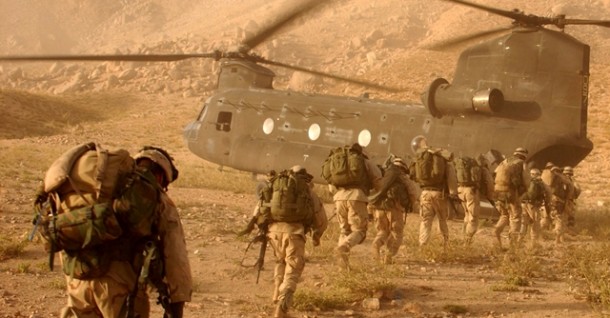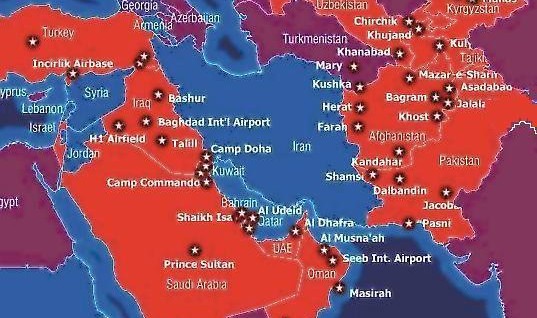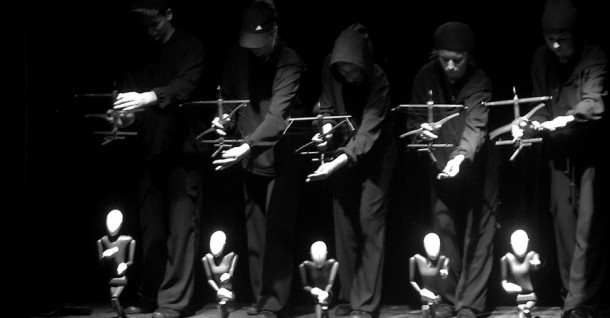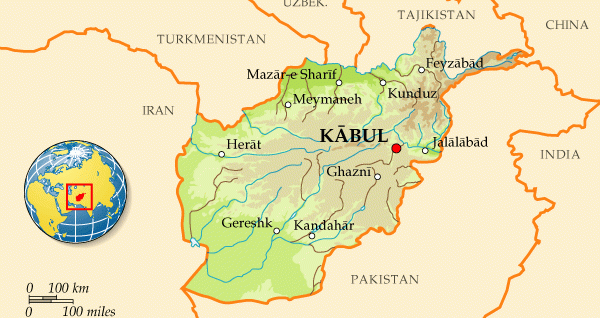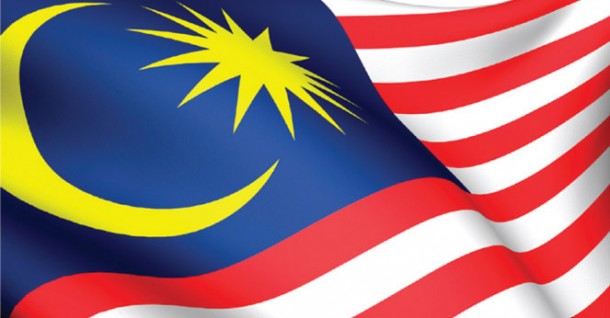The present Afghanistan is one of the main hotbeds of regional tension and the supplier of latest news for leading media outlets in the world for many years.
The recent president elections were extremely tough and finalized with contradictive agreement between Ashraf Ghani, who became the leader of the country in the end, and his competitor Ablulla Abdulla, who obtained the post of the head of the Cabinet. It was expected that these elections would remedy the situation or at least change the vector of pace development. But did it work out?
***
First, it should be noted that confrontation between Ghani and Abdulla still runs on. This confrontation becomes quite obvious during the nomination of the candidates for ministerial posts. The president interferes in this process, despite his promise to pass it to the head of the Cabinet and proposes own candidates. For instance, when Abdulla nominated Ata Mohammad Nur (the former governor of Balh province), Ghani proposed Shermuhammad Karimi, the former chief of General Staff.
Besides, one of the conditions for occupation of the ministerial post was “non-participation in war operations in Afghanistan in the past”, the president said. Thus, the majority of Abdulla supporters are cut off and they are the members of “Northern Alliance” and successors of the policy of authoritative leader of anti-Taliban coalition Ahmad Shah Masoud.
However, the measures taken by the president are understandable. He tries to gain at least any of backing as Ghani loses his supporters quickly. The month later after the rise to power the Ghani’s activity was endorsed by 59% of interrogated Afghans. 3,5 months later only 27% of people evaluated his activity positively. In addition the number of displeased increased from 6% to 32%.
The same behaviors appeared in the lower chamber of parliament – Volusi Jirga. The group of the lower chamber members activated the convocation of elder’s council – Loya Jirga. The agenda, as the people deputies conceived, was Ghani to be brought to court for “treachery of national interests”. The parliamentarians have enough reasons for it – there is no government in Afghanistan yet since Ghani was elected as the president of Afghanistan, the leaders of provinces and the chiefs of force agencies up to urban level are not nominated.
***
There is another fact. The president Ghani is famous as the person who had never held the state posts in Afghanistan before the Americans came to Afghanistan, he had never fought against Taliban, and he was not involved in Afghan politics. He taught and worked in the West. He loses to Abdulla in this respect. But he has the reputation of the lobbyist of American interests being completely obliged to them by his switch promotion – from modest functionary of the World Bank and rector of Kabul University to the president of state.
Ghani has no intentions to break the established situation and is ready to cooperate with USA on any conditions. And this has predefined Washington support. On the contrary, his competitor Dr. Abdulla performed the program of wide reforms and the US disliked it completely.
***
Ethnic factor has its interest in the context of two leading political forces of Afghanistan. The matter is that Abdulla Abdulla belongs to Tajik people, which was supported by Washington in the past. Pushtos, the native of which is Ashraf Ghani, being the main group of Taliban movement, were in a less privileged position for the USA. But subsequently this situation changed and Hamid Karzai the representative of Pushto majorities (though he belonged to different tribe) became the head of the state (by direct support of the USA).
It is remarkable that before forming the government and local authorities Ghani made a number of attempts to reach agreement with Taliban, who are the big concern of Afghan ruling elite. He tried to negotiate with Taliban members, calling them “dissenting brothers” and “political opponents”. However, this was the reason for parliament deputies to deliver impeachment to president, and now if the initiative of the deputes to be supported by 2/3 of their colleagues Loya Jirga, the highest authority of Afghanistan, will be obliged to gather and consider the complaint to the head of the government.
***
In terms of aforesaid it seems that the situation in Afghanistan has not been changed at all after the change of power, but it is not exactly. Ghani’s administration was not as weak as it was predicted despite Taliban’s activation after foreign military troops withdrawal, despite the attacks on police and attempts to lock up the government forces in administrative centers of provinces. Since last year, Afghan army became active against the armed opposition. Without assistance of American troops it preformed offensive operations independently. Of course, it is impossible to avoid the losses but Afghan military forces prove the fact that “the operating administration is able to guarantee its existence independently”. At least without significant direct military support of the USA.
Nevertheless, it seems that Kabul is still inviable without economic support of Washington. Especially as Taliban sometimes recapture back the territories lost before. As a result, the problem of keeping positions and control over the lands is relevant. In this aspect the formation of Arbaks, tribal polices with strong ties to their allies, is of particular importance. Today the number of Arbaks reached 30 thousand people, and Ghani’s administration is forced to act using the principle of “lesser harm” relying on that force despite the criminalization of Arbaks and numerous attempts to create alternative authorities in different regions.
***
While analyzing the internal situation in Afghanistan it becomes clear that political crisis in the country has deep roots. It is hardly possible to meet the crisis during two or three years. In addition, the external forces, Washington first of all, have big influence here. Probably this influence has a certain effect on conflict between Ghani, Abdulla and parliament deputies representing the considerable part of political elite and population of the country. Besides the president is evidently slow in some key decisions and thereby he makes his own position complicated as well as the situation in the country on the whole.
We should mention the fact that Afghanistan political system, the army and law-enforcement bodies did not collapse after withdrawal of a bigger part of foreign contingents. Moreover, they showed ability to act independently. These all may be evidence of their path to true independence even if it is difficult and thorny.
Anton Evstratov, political analyst
Muslim Politic
![Электронный журнал [Электронный журнал]](/magazine.static/magazine-front.jpg)

